First Aid Treatment for First Degree Burns
Posted by Editor in Health Watch on Mar 30th, 2017 | 0 comments
You want your kid to be safe but sometimes there are things that can hurt him/her. The most common household injury here in Singapore is burns. Burns does not only refer to the burning sensation but also severe skin damage. The good news is that most victims recover from it without serious health complications but of course this depends on the degree or cause of the injury.
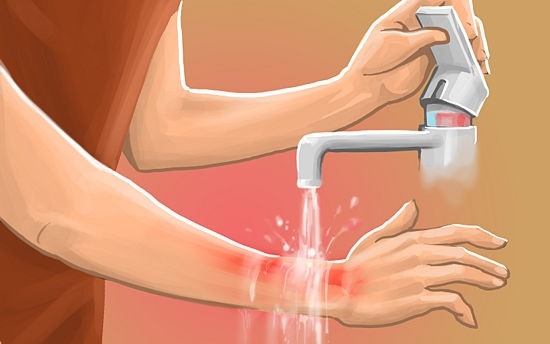
You have to know that there are 3 types of burns – first, second and third degree. Each degree depends on its severity. First degree is the most minor while the third degree is the most serious or severe. First degree burns are characterized by nonblistered but red skin. Second degree burns on the other hand is characterized by thickening of the skin with blisters. Lastly, the third degree burn is characterized by extensive thickness.
For kids, the most common cause of burn is scalding from boiling liquids and flames from lighters, candles and matches. In case of first degree burn, it is important that you know what to do. But before anything else, you have to know its signs. Signs include redness, swelling or inflammation and pain. It affects the top layer so the signs will disappear after the shedding of skin cells usually from 7 to 10 days.
Treatment of the first degree burn includes:
- Soaking: It is imperative that you soak the wound right away in cool water. It should be five minutes but preferably longer.
- Take medications: If you have pain relief at home, you have to give it. This is to ease the discomfort of the kid while you attend to his/her burns.

- Apply anaesthetic: You have to settle the kid before apply anaesthetic to the burn. You can consider lidocaine and partner it with aloe vera gel. This is to relax the skin.
- Use ointment: If you have an antibiotic ointment, make sure to apply it unto the skin plus put loose gauze as it can shield the affected area.
It is crucial that you keep a first aid kit for burns. You do not want to be unprepared for your little one. Be careful not to use cotton balls because the fibres will stick to the burn thereby increasing the risk of developing infection.
If you notice that the burn affects more than three inches of your body, you have to seek the doctor right away. Be wary if it affects major joins like knee, ankle, spine, foot, shoulder, forearm and elbow.
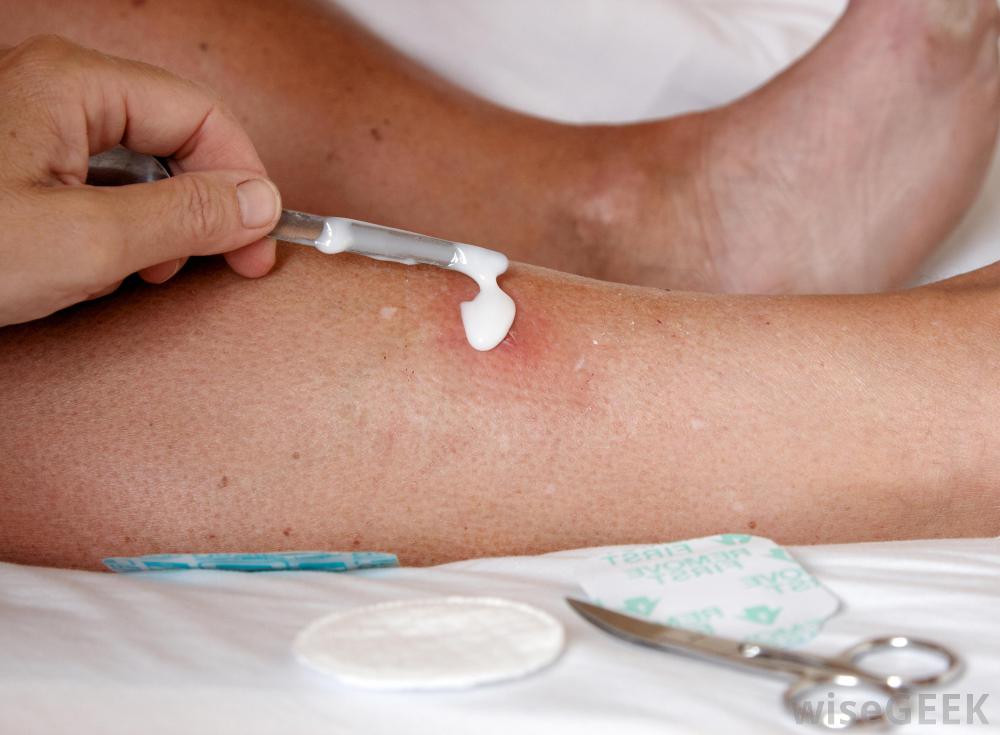
Finding the Right Cardiologist: Tips and Considerations
Posted by Editor in Health Watch on May 11th, 2016 | 0 commentsIn finding a good cardiologist, it’s crucial to choose someone who’s experienced with your specific heart condition. Apart from that, you’ll also need a heart doctor who matches your communication style. The first step towards improving your heart health and establishing a good doctor-patient relationship is by making informed choices – and you can do this by following these easy tips and taking the following factors into consideration.

Tips to Finding a Good Heart Doctor
1. Start With Your Physician’s Recommendation
Depending on where you live in Singapore, you may have hundreds of cardiologists to choose from. In non-emergency situations, your family physician is the best person to ask about whom you should consult for your specific heart condition. Your doctor has interacted with various cardiologists and knows who’s good at what, and can send you to the right person.
2. Check the Cardiologist’s Credentials
Choose a cardiologist Singapore who’s board-certified. Being board-certified in cardiovascular disease means that the specialist has not just studied his field of expertise, but also passed rigorous testing. You can look for the physician’s information like his age, other demographic information and his board certification status on medical websites. Such websites lists a doctor’s treatment specialties, hospital affiliations, as well as mortality outcomes for certain heart conditions and procedures.
3. Check Out Local Heart Specialists
It’s not always necessary to travel to a distant hospital just to get a good heart healthcare. More often than not, local cardiologists are already capable enough to deal with common heart problems such as coronary artery disease when you visit the Harley Street cardiologist who is a well known heart doctor in SIngapore. When you have a heart problem that really needs a specialist, have your local doctor refer you to a distant, but a more capable heart centre and doctor.
4. Communicate Your Needs to Your Heart Doctor
Before going to your first appointment, inform the office staff of your Singapore cardiologist that you’ll need some extra time to speak with the specialist alone. If it so happens that the doctor isn’t around, ask about who covers him when he’s not available, how busy the practice is, as well as other issues that concern you about your heart condition or the procedure you’re planning to have. Getting a regular heart healthcare can go for the rest of your life, which is why it’s important that you’re comfortable and are able to clearly communicate your needs to your specialist.
5. View Cardiologist Online Reviews With Scepticism
Online reviews of cardiologists from their previous patients can be helpful, but never choose a specialist based solely on these reviews. Oftentimes, skilled cardiologists get lesser positive reviews because of things like parking hassles and office wait times. So make sure that you check all the online reviews about your prospective heart doctor.
6. Choose the Right Specialist Based on Your Needs
Solely relying on recommendations from family and friends isn’t always a good idea, since their need for a cardiologist might differ from yours. You don’t necessarily have a ‘family’ cardiologist because everyone doesn’t have the same heart problem. So choose a heart specialist with the best track record and experience with your particular heart condition.

Factors to Consider When Choosing Your Heart Specialist
• Credentials. Naturally, a doctor’s credentials are important. Cardiologists are usually certified in various subspecialties like interventional or nuclear cardiology. One of the best places to find a cardiologist Singapore with the right credentials is through your state’s medical board. Here, you’ll find important information about the specialist’s medical school, training hospital, certifications, specialties, disciplinary history, and malpractice settlements (if there are any).
• Location. The cardiologist’s location is another important thing to consider. Remember that when choosing a heart doctor, you’re also choosing a hospital – so do consider the quality and reputation of the hospital’s cardiology department. It can be really tempting to choose a heart specialist from a well-known hospital in Singapore, but it may not necessarily meet your medical needs. A smaller practice might already be enough to provide you with the heart care that best suits your heart condition and needs.
• Experience. Apart from credentials and location, you should also consider the cardiologist’s expertise and experience with cases similar to yours. He or she should be proficient in the treatment procedure or technology you’re considering to use. Also, find out how many times they’ve performed a treatment procedure you’re a candidate for. Remember that your chances of having a successful operation greatly increases if you choose a specialist who performs your chosen procedure regularly.
• Communication. Credentials and experience go a long way, but having a personal rapport with your physician is also as important. Consider the doctor’s willingness to answer all of your queries, as well as how comfortable you feel with him or her during your consultation period. If you don’t feel comfortable asking questions, or if your specialist doesn’t seem to focus his or her attention to your needs during your visit, then consider choosing a different heart specialist.
• Your Insurance. Finally, consider whether or not the practice or hospital will accept your insurance. Also, find out the types of payments they accept, and if whether or not they’ll file the insurance claims for you.
Thoroughly researching about your candidate heart doctors beforehand will surely give you the confidence of knowing that you’ve made the right decision. Just remember to also consider the aforementioned factors in choosing the right Singapore cardiologist for you.
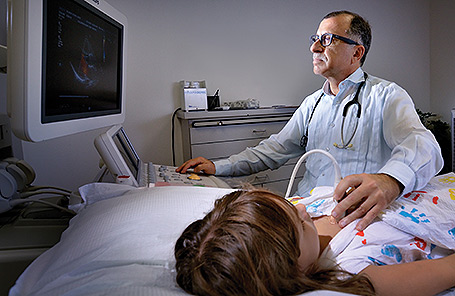
What We Need to Know About Seasonal Affective Disorder
Posted by Editor in Health Watch on Mar 16th, 2016 | 0 comments
Not Many Singaporeans are familiar about the Seasonal Affective Disorder (SAD). SAD is also known as summer depression, seasonal depression or winter depression. This is a major depressive disorder (according to the Diagnostic and Statistical Manual of Mental Disorders DSM-IV and DSM-5). SAD is a recurrent depressive disorder that happens at a particular time of the year but it fully remits.
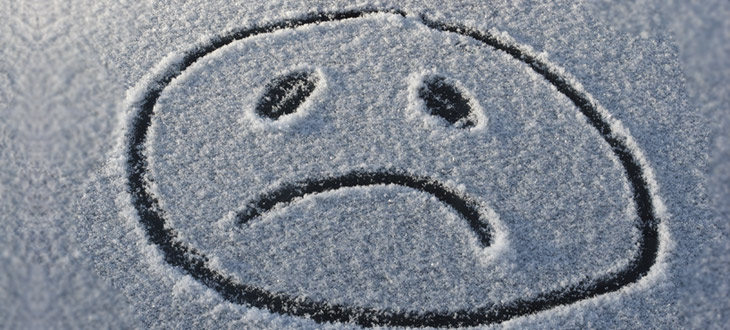
Although at first experts were cynical about the condition, it is now documented as a common disorder. In fact, in the United States, SAD’s prevalence is made known in Alaska and Florida. Although we do not hear of this disorder often here in our country, there are chances that someone we know might suffer from this. With this, it is imperative that we need to know about SAD. We have to remember that some people encounterserious mood changes when the seasons change.
Here the things that we need to know about SAD:
Signs and symptoms
Symptoms include difficulty getting up in the morning. It does not end there because one might also feel nauseous. There are people who have tendency to over eat and over sleep. When the person over eat, the craving is more of carbohydrates which will eventually lead to weight gain. Other signs include exhaustion or lack of energy, having difficulty completing or concentrating on tasks, withdrawal from social activities, decreased sexual drive, irritability, anxiety and insomnia. All these symptoms will lead to feelings of depression, displeasure and pessimism.
Cause
Experts have pointed out many causes of the mood changes during a particular time of the year. For example, during winter, activities are diminished because of the weather. There will be reduction of sunlight and difficulties in surviving the weather. The lack of activities and sunlight can cause depression. Another point of view is that serotonin plays an important role in the development of SAD. There is also a theory saying that melatonin plays an important role in the development of SAD.
Diagnosis
According to the DSM-IV criteria, SAD is not a different disorder. SAD is actually a “specifier” attached or added to patients with bipolar or major depressive disorder. The “specifier” must meet four criteria for it to be called such. Mayo Clinic actually described three kinds of SAD with different symptoms.
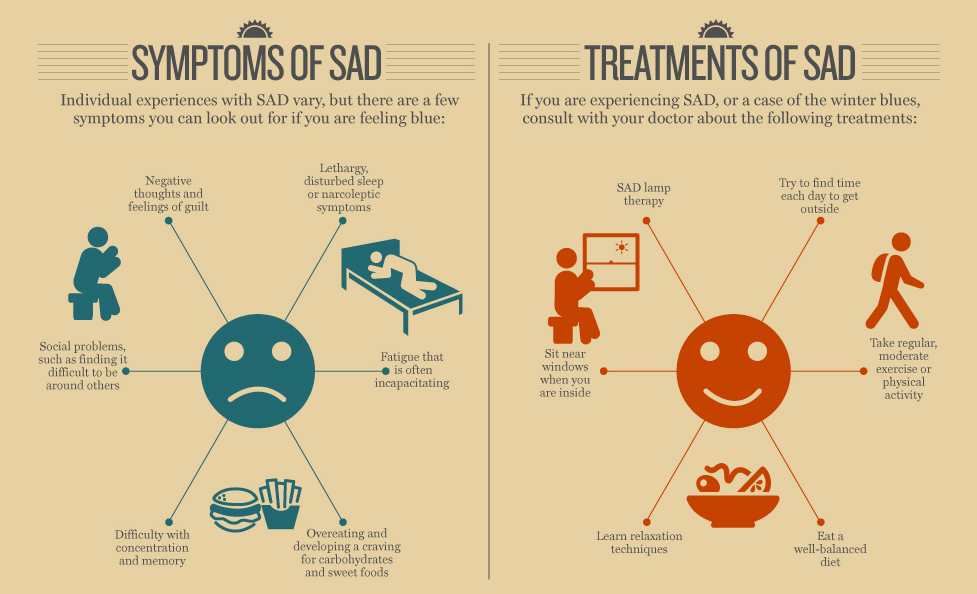
Management
The good news is that there are many therapies that patients can consider if they want to get better. For example, if one is affected by the winter-based SAD, therapies include cogitative-behavioural therapy, supplementation of melatonin, light therapy, medications and ionized-air. Of all the therapies, the most effective treatment is light. Light therapy maximizes light box that discharges lumens. Lights include white light at 10,000 lux, the blue light at 2,500 lux and green light at 350 lux. The patient needs to sit according to the prescribed distance (from thirty to sixty centimetres) with his/her eyes open for at least thirty to sixty minutes. When doing this, it is important that we designate aschedule.Antidepressants have proven helpful in treating SAD too. Antidepressants like paroxetine and sertraline can help. In the case of the negative air ionization therapy, it implicates the discharging of particles (charged) into the environment. The most basic therapy is physical exercise. In any depression therapy, physical exercise has a potential. Treatments can be used in conjunction with the other depending on the patient.
Pathophysiology
There are studies saying that SAD patients have delayed circadian rhythm. The light therapy treatment can treat such delays which will eventually improve the mental state of the patients. SAD is prevalent in arctic regions. SAD is something that should be considered because patients suffering from such have higher risk of potential suicide.
Remember that SAD does not only cover winter. There are people who suffer depression during summer. If we notice someone we know with such symptoms, it is important to give him/her support and understanding. Indeed there is a connection between mood, energy levels and the weather. Even healthy individuals can suffer SAD.
For more information about the disorder, we need to consult the doctor and ask for therapies. Though it will usually go away by the time the weather is fine, the moments lost during the depression and the productivity will never return.

Effects of Tobacco Smoking to Young People
Posted by Editor in Health Watch on Oct 17th, 2015 | 0 comments
As much as possible, we do not want our kids to acquire bad habits which can affect their future. However, there will come a time that our kids will not heed our words any longer and decide to smoke tobacco.

No matter how we emphasize the ill effects of tobacco smoking among young people, there are still kids that consider them anyway. It might be peer pressure or sheer rebellion. This might be the case but we have to remain hopeful that we can curb our kid’s tobacco smoking.
The good thing is that the government is eyeing establishments who disregard the age when it comes to selling tobacco. In fact, the Health Sciences Authority (HSA) already suspended some retailers for selling to minors. For instance, the tobacco license of 7-Eleven outlet situated in Cineleisure Orchard has been suspended for good.

If an establishment or a person caught selling tobacco to kids under 18 years old, they will face a fine worth S$5,000 (for first offence) to S$10,000 (for two consecutive offence). This is apart from suspending the retail license for six months or permanently.
There is a reason why young people are prohibited to smoke. Tobacco smoking among young people has ill effects like:
- It can cause heart diseases and stroke
- It can affect the respiratory system
- It can affect one’s breath
- It can increase one’s risk of lung cancer
Now that we know the repercussions of tobacco smoking, it is time that we become vigilant especially if we have minors around. Our kids will not stray if they are emotionally and mentally secured in our homes.
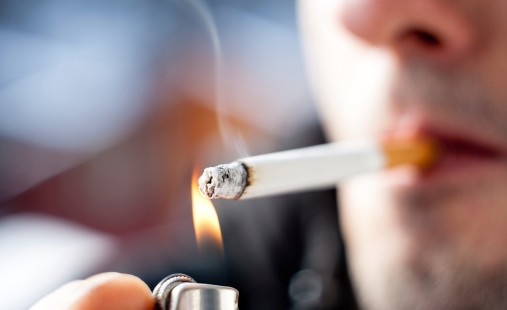
Health Screening Purpose and Benefits
Posted by Editor in Health Watch on Dec 14th, 2012 | 0 commentsWe need to take care of ourselves because our primary wealth is our health. Proper and nutritious diet, regular exercise and enough rest are the secrets to good health. We also need to take necessary precautions to lessen regrets in the end, and that includes Singapore health screening.
What is the purpose of health screening? Will there be any benefits if we take such precautions? Read more to find out.

Purpose of Health Screening
The main objective of health screening packages is to detect any signs or symptoms of any disease. Health screening packages enable you to be aware of your health risk factors. Thus it is an important purpose of maintaining a good health and disease prevention. Often, health assessments and screenings are conducted regularly. As a preventive measure, this may be done with or without the suspicion of having a particular health problem.
The earlier that a medical problem is identified through health screening, the better chances of getting that patient treated for that particular disease. Comprehensive health screening packages offered in Singapore are indeed important for early detection before the condition gets uncontrollably worse, especially those that are asymptomatic until it reaches a terminal stage.

Benefits of Health Screening
There are certain health problems that are asymptomatic or “silent diseases”. This means that these diseases do not exhibit or produce any symptoms of their existence. What is worse is that these health conditions are usually fatal because they are not detected at earlier stages in which there are still high chances of having them treated or cured in Singapore. Some examples of asymptomatic diseases are cancer, osteoporosis, type II diabetes, coronary artery disease, anemia, and hepatitis C.
Through health screening, an individual who has a high risk factor of having these asymptomatic diseases as well as other symptomatic health problems is informed at an early stage. Because of early detection of the certain possibilities, the person can right away consult medical professionals for preventive measures. This, in turn, is a great benefits in stopping the disease from progressing.
In fact, the total cost of a comprehensive health screening package is less expensive than the cost of medical treatment of the disease itself. With the escalating prices of medicines and expensive hospitalization costs, more and more people are appreciating the benefits of health screening.

What is included in health screenings?
In health screenings, your doctor reviews your family medical history, particularly regarding illnesses that you have previously had. This allows your doctor to make better assessments of your present health condition. Your doctor will also conduct physical examination on you. Furthermore, your doctor will also request you to have certain laboratory tests such as blood and urine tests to help reveal the internal status of your body which is not easily determined with physical examination. You may also have to take X-ray, ECG, ultrasound, and Pap smear for women.

